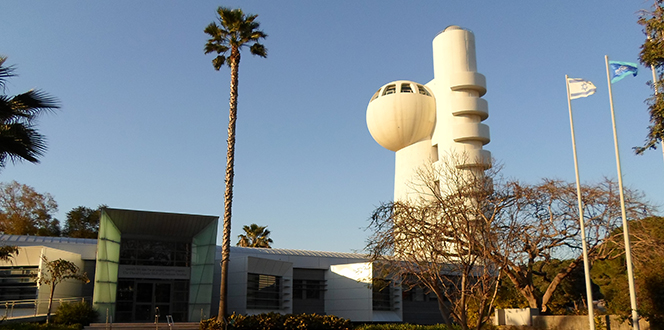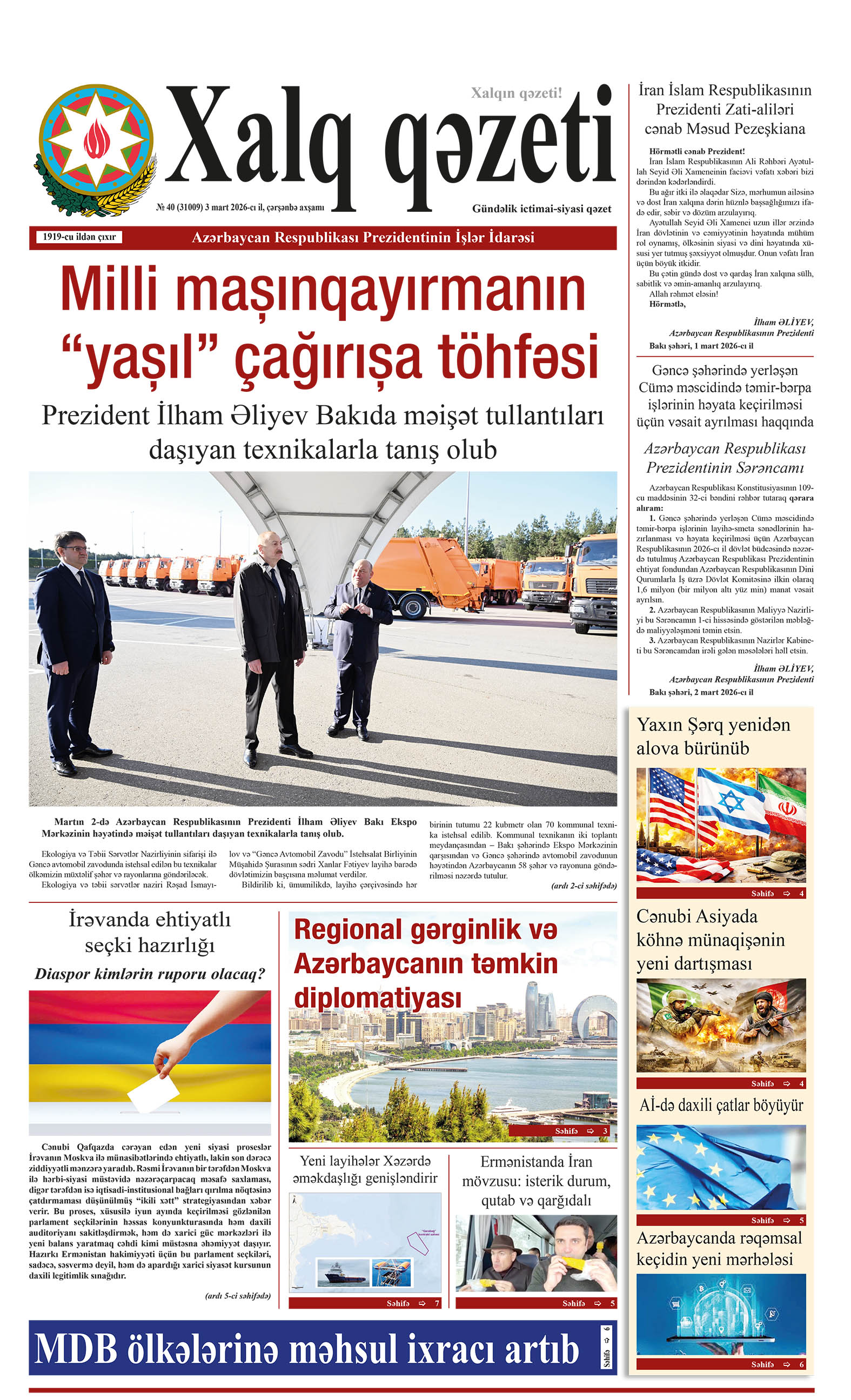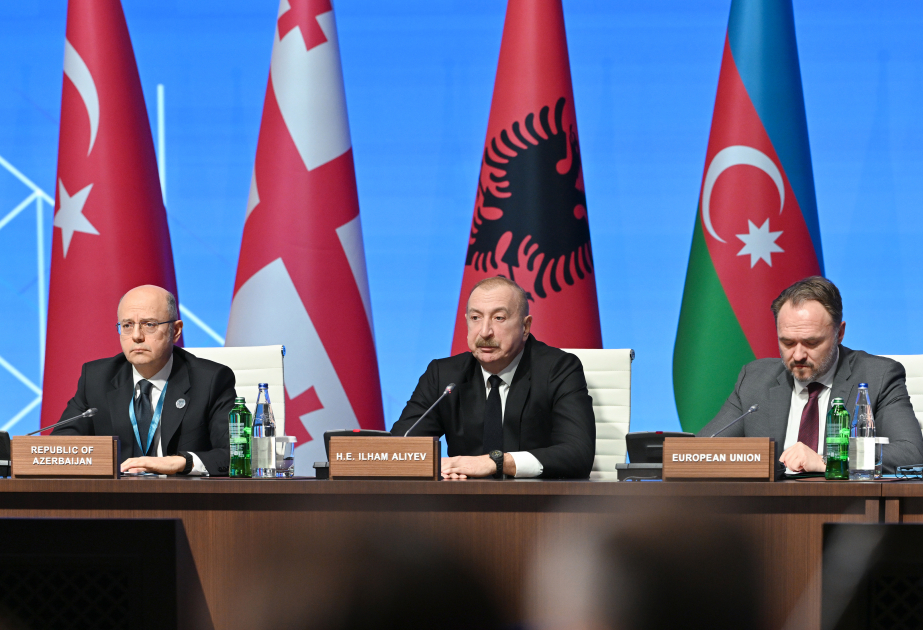Jerusalem Post
ByJERUSALEM POST STAFF
First-line use of encorafenib and binimetinib in BRAF V600E NSCLC recorded a median overall survival of 47.6 months, according to data presented at the ESMO congress.
A combination of encorafenib and binimetinib nearly doubled survival for patients with BRAF V600E–mutated non-small cell lung cancer when used as initial therapy, investigators reported at the European Society for Medical Oncology annual congress.
The PHAROS study’s updated results, shared recently, showed the longest first-line overall survival yet reported for this mutation. According to the summary provided to The Jerusalem Post, Israeli clinicians say the findings warrant swift consideration for Israel’s national drug basket.
In previously untreated patients, the regimen achieved a median overall survival of 47.6 months, compared with historical outcomes of about 17.3 months on the commonly used alternative, and a 75% overall response rate versus 64% with the existing approach.
Among patients who had already received prior treatments, median overall survival reached approximately 22.7 months. Investigators reported no new long-term safety signals.
Safety and quality of life
Researchers noted a stable safety profile over time and a lower rate of severe adverse events than with the current standard, an important consideration for people living with advanced disease. They added that the durability of response may translate into a better quality of life for patients and caregivers.
Lung cancer remains a leading killer, and recent reports highlight changing patterns of disease, including rising cases among never-smokers, especially women. These trends underscore the need for precision therapies that target specific mutations. Precision oncology advances from Israeli teams have also accelerated in recent years, improving the ability to match patients to effective treatments.
“PHAROS is a real breakthrough for patients with BRAF V600E lung cancer,” said Dr. Hadas Gantz-Sorotsky of Sheba Medical Center’s Hussidman Cancer Center. “For the first time, we see the potential to almost double survival compared with existing care, with better quality of life and fewer side effects. The therapy should now be added to Israel’s drug basket so patients can access the best option for their disease.”
















